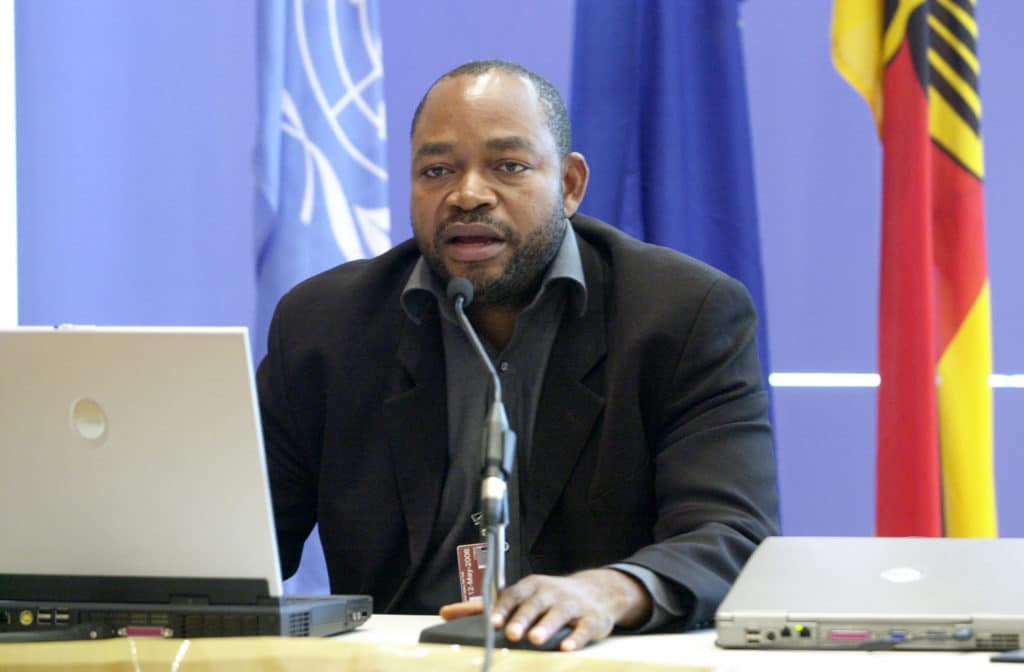The Abuja-based International Centre for Energy, Environment and Development (ICEED) is marking its 20th anniversary by taking stock of efforts undertaken to address energy poverty and reform the country’s response to climate change.

Together with the World Bank, ICEED reportedly worked on the first ever rural electrification strategy for Nigeria in 2001, and since provided technical assistance for the establishment of the Rural Electrification Agency and the Rural Electrification Fund.
Ewah Eleri, Executive Director of ICEED, said: “Over the years of its establishment, ICEED has helped to raise and sustain the momentum for energy access in Nigeria. We supported the Energy Commission of Nigeria in the development of the Renewable Energy Master Plan – an investment framework for expanding the renewable energy industry. With funding from the UK Government’s Department for International Development, ICEED consultants designed the award-wining Solar Nigeria project.”
ICEED also formed and launched the Nigerian Alliance for Clean Cookstoves, which the organisation says has enabled the distribution of over five million clean cookstoves by partners.
Energy poverty has however become endemic in Nigeria, ICEED opines, adding that over 20 million households are without electricity, 70% of all households cook in traditional open fire, while lack of access to affordable and sustainable energy source has been an impediment to growth and development.
The issues of access to energy services and climate change are linked, says the group, pointing out that it has influenced Nigeria’s response to the challenges of climate change.
The think-tank says it formed and launched the Nigeria Climate Action Network under the chairmanship of former Governor of Cross River State, Donald Duke.
Eleri’s words: “Over the years, we provided the research that underpinned Nigeria’s positions on climate change negotiations and trained the country’s negotiators. Together with partners, we have helped broaden the participation of non-state actors in Nigeria’s response to climate change and brought behaviour change communication to the Nigerian public.”
ICEED it has also responded to the humanitarian challenges posed by Boko Haram terrorism in the North-East.
According to Eleri, “ensuring safe and sustainable access to energy is important for crisis-affected populations. Together with the Food and Agricultural Organisation, the centre initiated and launched the Safe Access to Fuels and Energy (SAFE), which aims to deliver clean cooking and lighting solutions to one million people in North-East Nigeria by 2020.”
As the organisation takes stock of its work in the past 20 years, it also takes aim of the next 20 years.
“How can our stewardship of energy resources help us meet the Sustainable Development Goals and beyond? What new visions do we see in the horizon; and what should ICEED’s priorities be?” it ponders.
Eleri concludes: “The Centre seeks to bring prosperity to Nigeria’s poor through energy and climate change ideas and action. ICEED has become a leading source of information and analysis on sustainable development in Nigeria. It has built some of the most influential partnerships for expanding access to pro-poor energy services and responding to the climate crisis.”
